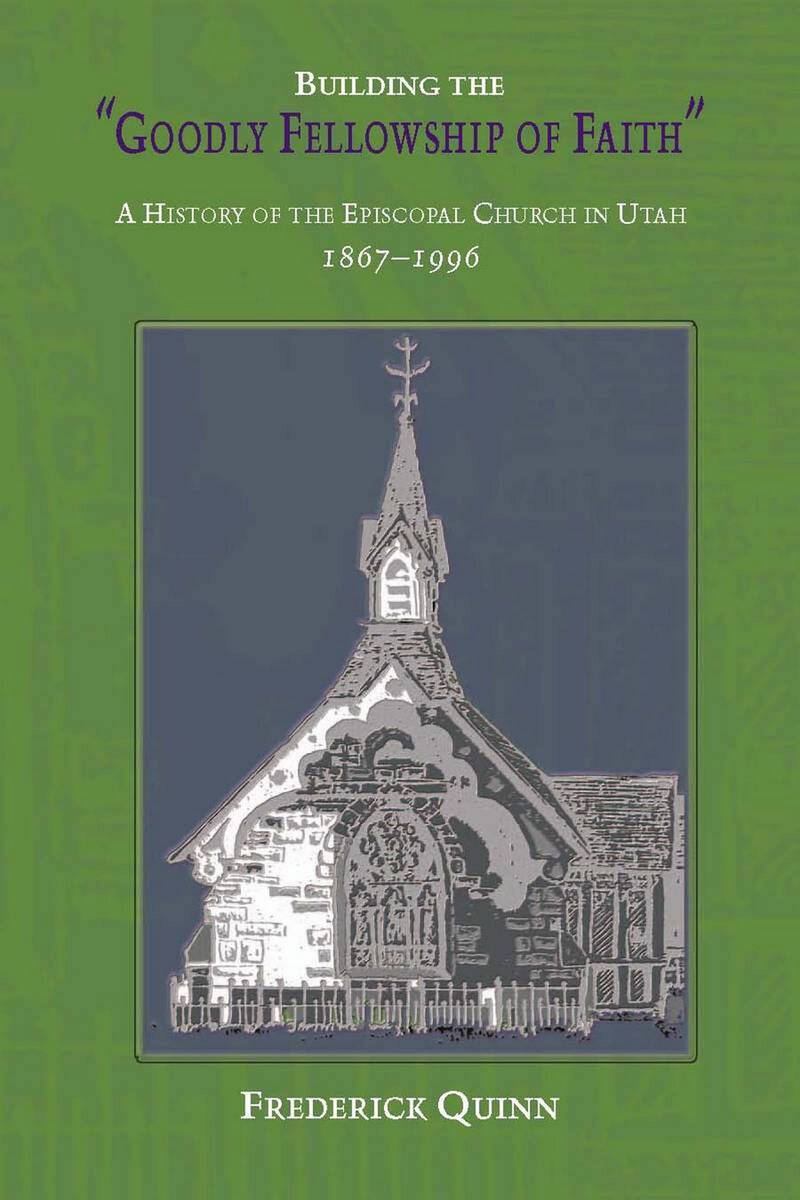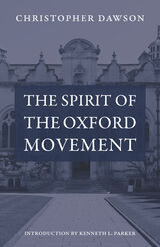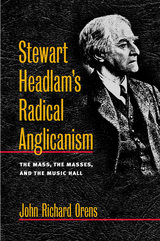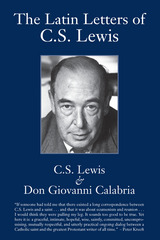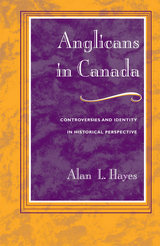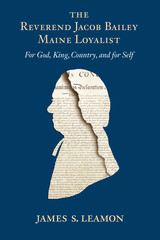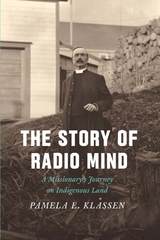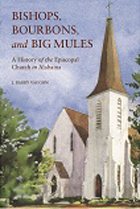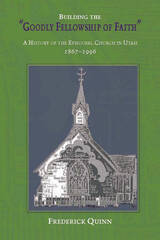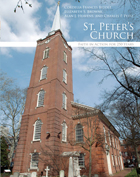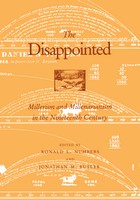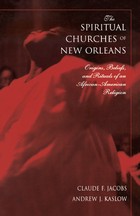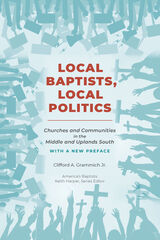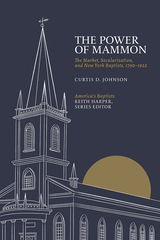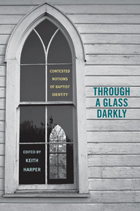Building The Goodly Fellowship Of Faith: A History of the Episcopal Church in Utah, 1867-1996
Utah State University Press, 2004
Cloth: 978-0-87421-593-9 | eISBN: 978-0-87421-506-9
Library of Congress Classification BX5917.U8Q85 2004
Dewey Decimal Classification 283.792
Cloth: 978-0-87421-593-9 | eISBN: 978-0-87421-506-9
Library of Congress Classification BX5917.U8Q85 2004
Dewey Decimal Classification 283.792
ABOUT THIS BOOK | REVIEWS | TOC | REQUEST ACCESSIBLE FILE
ABOUT THIS BOOK
As this critical, independent history, which ends with the ordination of one of the first women bishops in the nation, shows, Utah Episcopalians have had, despite small numbers, a remarkably eventful and significant history, which included complex relations with Mormons and Native Americans, early experience of women and homosexuals in the ministry, and a fascinating set of bishops. Among the latter were Daniel Tuttle, a leading figure in Episcopal history; Christian socialist and Social Gospel proponent Frank Spencer Spalding; and Paul Jones, forced to resign because of his pacifism during WWI.
Frederick Quinn, an Episcopal priest and historian, is adjunct professor of history at Utah State University and adjunct professor of political science at the University of Utah. His previous books include Democracy at Dawn, Notes From Poland and Points East, a TLS International Book of the Year, and African Saints, Martyrs, and Holy People, a Black Catholic Congress Book of the Month. A former chaplain at Washington National Cathedral, he holds a doctorate in history from the University of California at Los Angeles.
See other books on: Building | Episcopal Church | Episcopalian | Faith | Utah
See other titles from Utah State University Press
